Lease Real Estate
When it comes to leasing a multi-family housing property there are a few things to know. First of all, are you the one signing a lease (Leasee – tenant) or the one leasing (Lessor – landlord)? If you are the one signing a lease then you first must choose whether you want to lease an apartment, duplex, triplex, or single-family home. There are benefits to each. It all depends on the location you want, amenities preferred, and what you can afford.
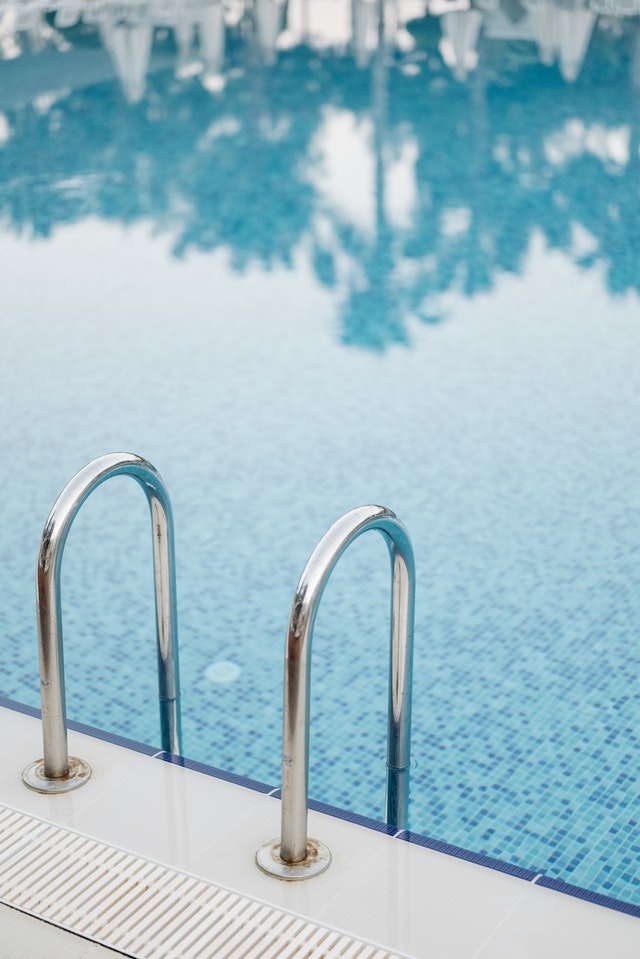
Apartments
Apartments are a great option for first time leasers or experienced apartment dwellers that know the upsides. First of all, there is no maintenance required on a leased apartment!
The company who owns the apartment complex is responsible for fixing any issues you may have. All it takes is a phone call to the front office or maintenance man on site. From there they will get you scheduled to come take a look at any issue you may be having. From a fridge not cooling, a dryer not heating, to a window needing replacing, you are free from the burden of tackling these yourself. There is also no lawn maintenance needed. The lawn, gardens, and landscape are fully maintained by the complex.
Even better is that most apartment complexes have pools for their residences to use. This is especially important during hot summers. Depending on the complex you lease from you may also have access to a fitness center, tennis courts, clubhouse, and recreation room. There is also freedom from the burden of costly home repairs. You will never have to worry about foundation repairs or replacing siding on your home. These are just some of the benefits to leasing an apartment.
Explore More;
Duplex
Duplex homes are connect by either one wall, floor, or ceiling. They can be stacked on top of each other or side-by-side. Even though they are connected they each have their own kitchen, bathrooms, and addresses.
The benefits to leasing a duplex is that you are typically dealing with an individual who owns the property rather then a large company who owns a whole complex. This allows for a more personal relationship and usually faster service when things need to be addressed.
Another benefit is that most duplexes have their own front and back yards. They can either be connected so both sets of tenets share, or separated so each tenant gets their own piece of yard. This is great if you happen to have pets or children. It also has many of the benefits a home has but without the price and worries of home repairs. The sense of privacy is better in a duplex over an apartment or even a triplex. It is a good idea, when searching for a duplex, to listen closely when you are touring the home. If the walls or ceiling are too thin it can make it hard to ignore your neighbors, but if they are adequately thick then it’s like having the home to yourselves. Duplexes also tend to come equipped with garages or covered parking.
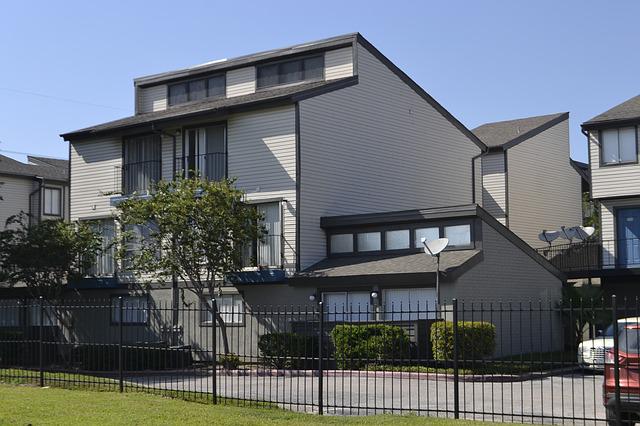
Lease A Home In Katy, TX
Triplex
Triplexes are very similar to duplexes but there are three units attached as opposed to two in a duplex. If you have multiple families who want to live near each other this is a great option without having to purchase numerous properties that may or may not be close to one another.
Triplexes are also great for someone looking for more room, privacy, and outdoor space then an apartment complex. A lot of times the owner of the triplex will live onsite in one of the units, making it extremely easy to communicate any issues you may run across.
Triplexes tend to be even more spacious then duplexes, and certainly more spacious then apartments. The outdoor space is very large in a triplex, but the downside is that most of the time it is shared between all three units. Triplexes are not as plentiful as duplexes or apartment complexes so you may have a harder time finding one. If an apartment, duplex, or triplex are not your thing then leasing a single-family home may be best for you.
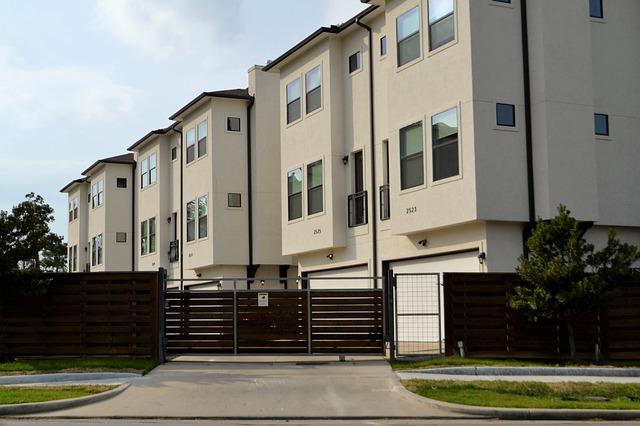
single-family home
There are numerous benefits to leasing a single-family home. Depending on the housing market, mortgage loans can have outrageous interest rates.
Not purchasing the home and just leasing will save you thousands in interest over the years. This is why it is important to make sure you sign a fixed lease so that your rent payment does not go up over the term of your lease. You also do not have to worry about paying property taxes each year, or fighting to keep your property taxes down. The homeowner will be responsible for that.
With renting you also will not be responsible for any home repairs, unless specified in your lease. Most single-family home leases also include lawn maintenance to be taken care of so you have one less thing to worry about. If you lease a home you also receive access to all the amenities that are included in the homeowners neighborhood. This may include pool access, sports facilities, fitness centers, clubhouses, and so on. If you are really lucky then you may find a home to lease that has a pool already.
Any renovations or updates that the homeowner may have completed won’t come out of your pocket and you’ll reap the benefits. There is tons of flexibility on where you can choose to live if you decide to lease a single-family home. If you want to live in or near the city you can find a home that fits that lifestyle. If you want to live a more rural or country lifestyle then there is a home for lease out there for you. Once your lease is up you can decide if you want to stay put or change locations and try something new. The possibilities are endless if you aren’t bogged down with the responsibilities of home ownership.
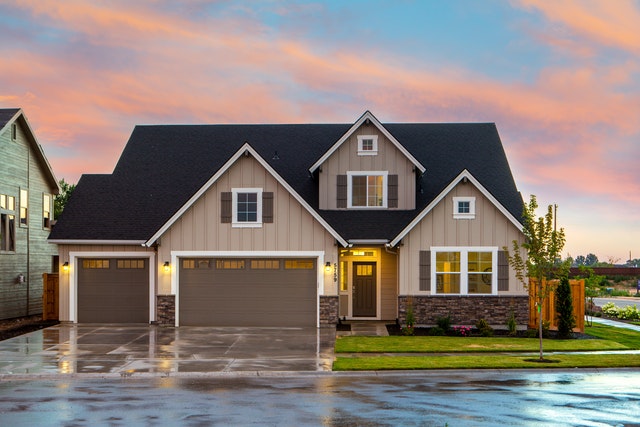
Investment Property With Leasing
If you are the one leasing a property you should start with which type of property you want to invest in leasing. Do you want to tackle an apartment complex, or something more manageable like a duplex, or triplex?
Narrow this down before looking for properties. When you begin your search you should start by physically scoping out the neighborhoods you are thinking of investing in. Make sure the neighborhood looks safe and livable. There should be plenty of shopping, dining, and retail options.
Visit the parks, playgrounds, entertainment centers, gyms, and public transportation centers. The more access renters have to these type of amenities the easier it will be to lease out. If a neighborhood seems to have a lot of vacancies, then that neighborhood would not be a good one to invest in. There are reasons why that area cannot keep renters and you do not want to find out why. This scenario usually suggests that the neighborhood is in decline
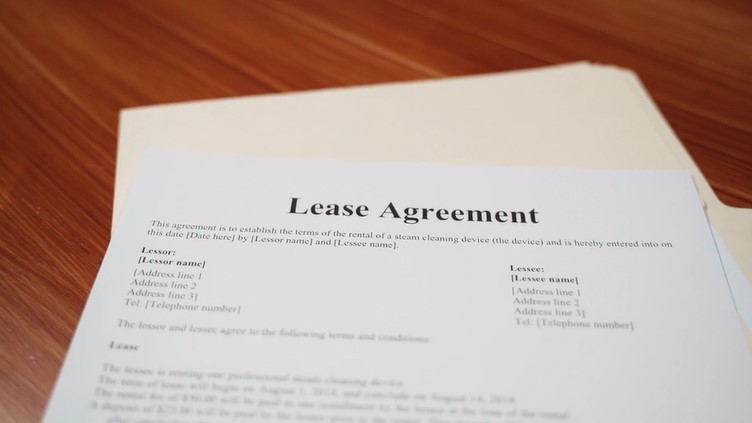
Check out the crime statistics too. You can easily access this from the cities website. Look for the neighborhood you are interested in and pull of the crime statistics. They will break down into thefts, car break ins, robberies, and so on. Also, if you are thinking of leasing out places in a college town, then you must be prepared to not have as many tenants during the summer time when students are out on summer break. Same idea goes for a retirement community. If you are leasing to retirement aged residents then you may find a lot of turnover as residents age out or move into more specialized care.

Be mindful of the type of land your property will be located on. Is it in a flood zone? If so, be prepared to pay more in flood insurance. If the property happens to flood then it will be your responsibility for any repairs that are needed. It is a good idea to hire a local realtor when searching for properties to lease. They can lead you to properties that are in respectable neighborhoods and they will know if there are any issues like flooding.
Realtors can also see the leasing history of a property and let you know if it has been successful in the past. They can inform you of the local property taxes and make sure you won’t be paying too much in fees. Looking into the local school district is also a smart idea. Depending on the investment property you choose you may find yourself with a lot of families looking to lease from you. Having a property with a good school district will go a long way in getting higher lease rates. Parents will pay more in order for their kids to have a better education.
A Dave Ramsey Trusted Pro


Steven’s strengths are crafting airtight contracts, innovative marketing, writing winning offers and plain talk.
Endorsed by Dave Ramsey as a Ramsey Trusted Pro among Houston & Katy agents, Steve’s helped scores of Dave Ramsey devotees achieve their real estate goals.
Realtor Steven Irish has over a decade of real estate experience, strives for perfection and is 100% dedicated to brining buyers & sellers to the negotiating table under any housing market condition.

Investment Property With Leasing (Continued...)
Have a good idea of what other properties in your area are charging for leases. This way you won’t accidentally be charging too much or too little for a lease. Once you have decided on a location and purchased the property it is time to make the rules.
It is wise to contact a real estate lawyer and draw up a leasing agreement. This is a legal document that any tenant will have to abide by and if they don’t you have the power to evict them. It is harder to evict a tenant then most property owners realize, but having an airtight leasing agreement will help tremendously.
First, cover the rent. This includes the price agreed to, date it is owed, and consequences for late payment. Allowing for a grace period is recommended, things happen that cannot be expected. The way payment is accepted should also be outlined. Whether you want to take payment online or by check, make it clear what the expectations are.
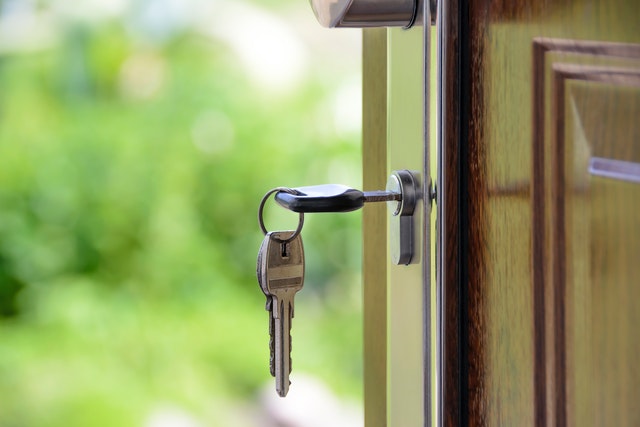
Renters insurance should be required but it doesn’t have to be. It protects both you and the renter. If damage does happen to occur, or theft takes place, the renter will have an insurance company to call and cover any expenses. This saves you time, money, and a headache.
Renewing the lease or giving notice covers whether the tenant wants to stay in the property or move on to another. A thirty-day notice is typical in leasing agreements. This gives you time to find another tenant if need be and the tenant time to pack their things and find another place. You can also make any changes you find are needed in the leasing agreement at this time, but you must make this known to the tenant. Sending a letter a month or two before the tenants lease is up is a wise choice to make sure neither of you are stuck in a sticky situation.

If a tenant decides to break a lease it should be clearly stated in the leasing agreement the consequences. It can really put a property owner in a bind to suddenly need to fill an unexpected vacancy. Check the laws of the state to make sure you stay within proper guidelines of the consequences. This is also where a real estate lawyer will come in handy.
Other aspects you can cover in a leasing agreement are having pets, damages, noise control, and policies on painting or picture hanging. It is up to you on all that you will allow or not allow. How to request maintenance should be outlined in the agreement as well. Whether they contact you directly, hire a company themselves, or call a property management company is all up to you and your preferences as a property owner. Leasing agreements set into place an expectation that should be easy for tenants to follow and for you to easily enforce.
